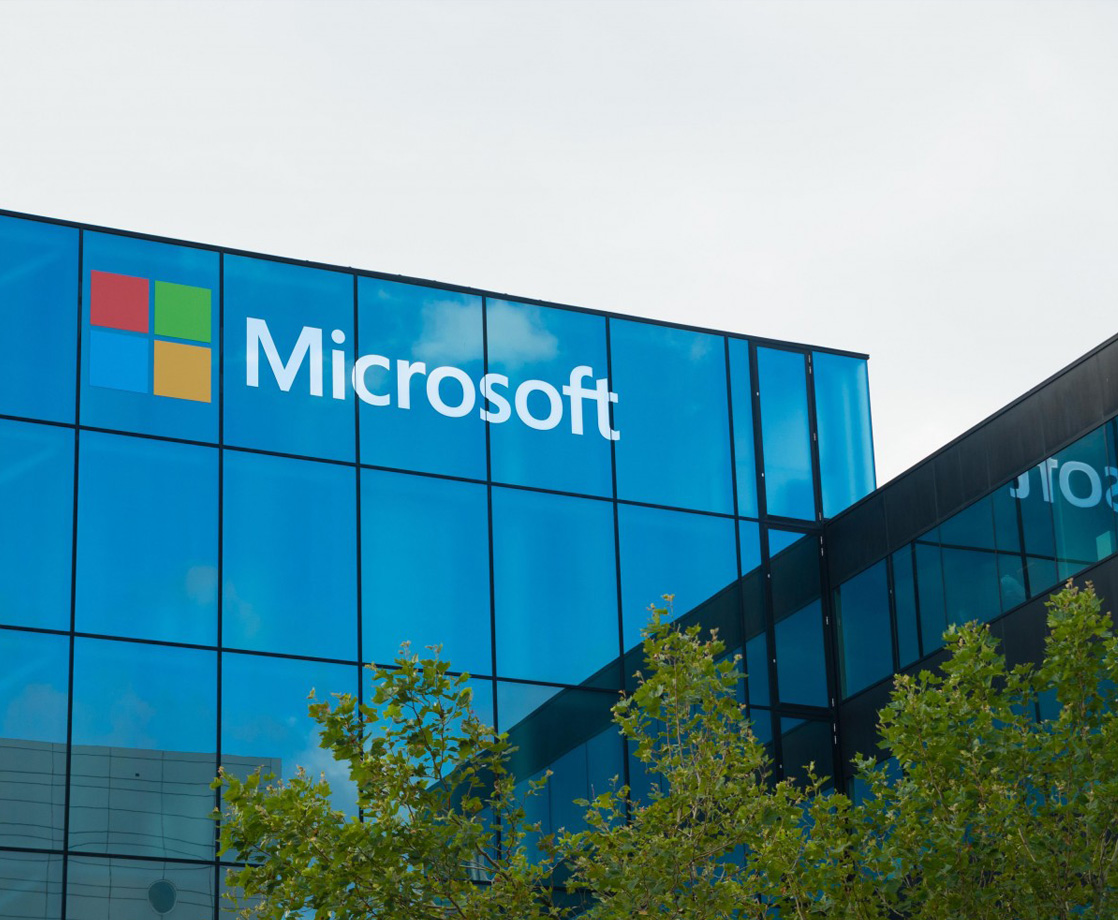While we all want cannabis to be legal for adult use across this great nation, there is one big issue – banking. Investors are spooked about this subject, and it's one of the first questions one might encounter when fundraising for a cannabis start-up. “What about the banking issue?”
Cannabusinesses have a difficult time finding and keeping bank accounts. Federally-regulated banks won't touch cannabis income. Many banks shut down commercial accounts when they see company names like “Green Care Collective” (hypothetical name) on the register. If your source of income is derived from cannabis commerce, you may find that you are ineligible for a loan from federal banks as well. They won't recognize your paycheck as income.
Some businesses choose an alternative to brick and mortar or digital banking systems, instead banking with Mother Earth. We've heard rumors of convenient stores in the Emerald Triangle selling double-ply garbage bags for the sole purpose of cultivators burying their stock piles of cash.
As has been demonstrated in states like Colorado and Washington, legitimacy for the industry is gained through compliance (and tax revenue for the state). Companies such as MJ Freeway are already offering business accounting services for cannabis operations. They process all transactions in addition to what is called “seed-to-sale”. Seed-to-sale refers to the action of tracking the activity of the plant as it travels through the supply chain from seed stage to the time it enters the consumer market as cured bud, edible, or extract.
This is the area where Microsoft is making a big splash. Microsoft is partnering with California software start-up cleverly named Kind, to offer a similar service at the municipal level. Executives at Microsoft intend to secure government contracts for this type of software in locations where cannabis is legal. As part of the partnership, Kind will be utilizing the MS Azure Cloud service for data storage.
Kind also offers hardware – kiosks that are installed in cannabis stores (collectives) where consumers can deposit cash in the kiosk as a means to track the payment at the point of sale. Most collectives can't offer credit card purchases because Visa and MasterCard don't support marijuana sales.
While Microsoft is not actually touching cannabis or interacting with vendors, they are doing the cannabis industry a big favor in the light of the government perspective. When one of the largest tech companies in the world takes a gamble on pot, people listen. In the eyes of the states where cannabis is legal, this service is meeting a real need and government entities want to work with major players in tech.
Another benefit of this partnership is the Microsoft public relations exposure. People with business acumen and money to invest who were previously blind to the cannabis movement are now going to open their eyes to the considerations. For companies like MedMen, founded by Adam Bierman, this is a step in the right direction toward achieving funding at the industrial level.
MedMen offers turnkey business solutions as well as a sleek dispensary located in West Hollywood, California. MedMen launched the $100 million MedMen Opportunity Fund last week. They intend to attract large cap funding and will likely leverage this announcement to boost top-tier investment.
Members of the cannabis industry who have been working on the front lines to make a marketplace tend to support their own. Time will tell if this perspective will hold up under the pressure of global corporations such as Microsoft entering the industry.











